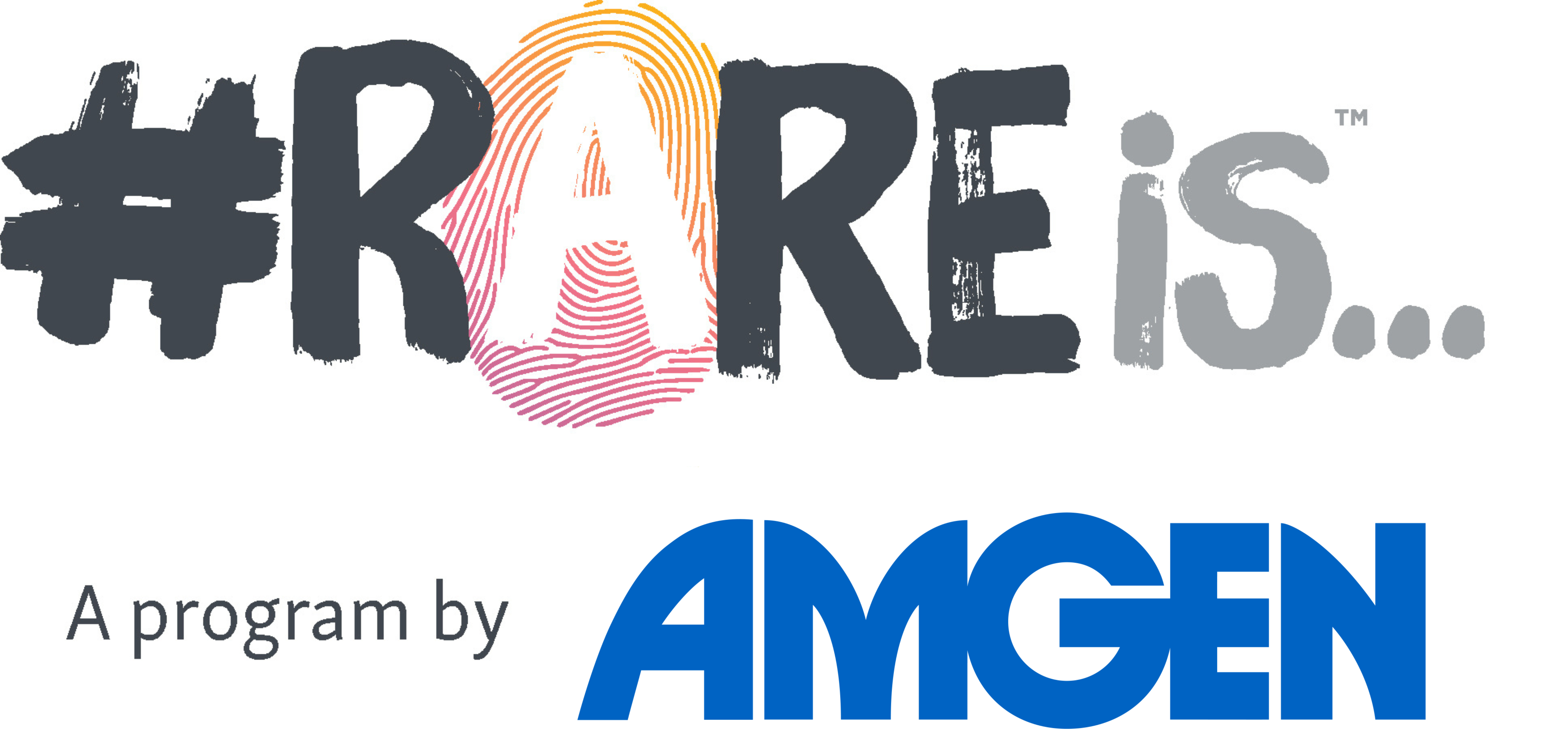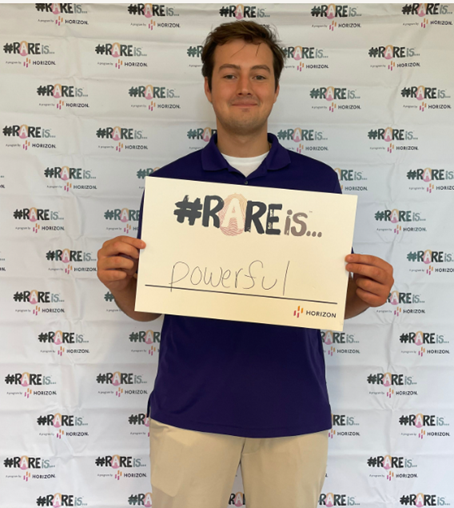About Me
I am a student at the University of Notre Dame studying Neuroscience and Behavior with a minor in Science and Patient Advocacy. Through the Patient Advocacy Initiative and associated minor, I received an internship at Horizon Therapeutics. In my role as a Patient Advocacy intern, I have the opportunity to explore the programs currently available to patients, identify areas where additional support may be needed, brainstorm new and innovative solutions to fill unmet needs and participate in impactful patient advocacy events.
In addition to helping patients, one of my favorite things about interning at Horizon is the opportunity to meet, network and collaborate alongside colleagues of all levels and from all parts of the organization. I especially love hearing about their different roles and career journeys as it pertains to the broader rare disease community.
One thing that has become abundantly clear to me through these personal interactions is that Horizon truly puts the patient at the center of everything. As such, being a patient advocate with Horizon is enormously fulfilling – both professionally and personally. Being able to witness the real-life impact Horizon’s programs have on patients validates to me that patient advocacy is not only valuable but necessary. Necessary for the mental, physical and social welfare of patients, families and care partners.
Pursuing A Minor in Patient Advocacy
My first exposure to patient advocacy was quite serendipitous. During one of my neuroscience classes, a peer of mine came in to give a presentation about an advocacy group that he was currently supporting. His explanation of the group, its goals and its mission, inspired me to enter the rare disease space. For me, it was the idea that simple conversations and programs can lead to better care for patients and the potential to change their lives in extraordinary ways.
After this encounter, I reached out to Professor Calhoun, Director of the Patient Advocacy Initiative (who just happened to be my professor for that very class). Professor Calhoun and I met to discuss more about advocacy and the minor, which subsequently led to me enrolling in the program the following semester.
Our discussions about patient advocacy centered around patient advocacy within industry and how it had the capability to change the way industry can work to serve patients. I learned about the incredible community that exists within the rare space and knew then that I wanted to be a part of it; and through my experience so far, I’ve seen just how incredible the community really is.
My Experience Working With the Rare Disease Community
My first encounter with rare diseases, and their specific challenges, left me stunned. While I knew that having a rare disease was difficult, I had no idea about its extent or severity. Learning about the journey to diagnosis, struggles with clinical trial requirements, long distances to specialists and treatment centers and access to treatment are all challenges that these patients, and their families, must overcome.
What I hope people begin to realize about the rare space and patient advocacy is that patient advocates are here to listen to the patient and provide services, resources and information to help. Whether that be better transportation access or a list of specialists and support groups, advocacy works to make sure that patients are not alone on their journey.
Everyone Can Be a Patient Advocate
One thing that I have taken away from the minor is: everyone can be a patient advocate. In the classes I take I am surrounded by peers who will go on to pursue many different careers and education paths. Some will attend medical school, some will pursue research, some pharmacy school, some industry and some hospital administration. Despite actively pursuing different careers, the curriculum of training to be a patient advocate is applicable to all of us. Additionally, being a part of these classes at Notre Dame has provided me with a great foundation of knowledge that has prepared me well for this internship and beyond. In an industry with a lot of technical terms, it has been extremely beneficial during this internship to come in with a strong understanding.
My Future in Advocacy
When I first declared the minor, I was still exploring potential career pathways and was eager to learn more about the opportunities I could pursue. For a while, I was heavily considering continuing to medical school. With my background as a nursing assistant, it seemed like being a physician was the only way to help people from a medical standpoint. I was also actively considering research as a career due to spending several semesters researching with the Sleep, Stress and Memory Lab on Notre Dame’s campus.
Finally, due to my involvement with the minor and Horizon, I have begun considering a career in the pharmaceutical industry. Being an intern at Horizon, I have learned just how many different roles exist. From medical information to research and development communications and advocacy to a patient access liaison, there are ample areas to make a difference. Regardless of what path I choose (I wish I could do them all), I know that this minor, my work with Horizon and my experiences with patients will equip me to help people with rare diseases.

